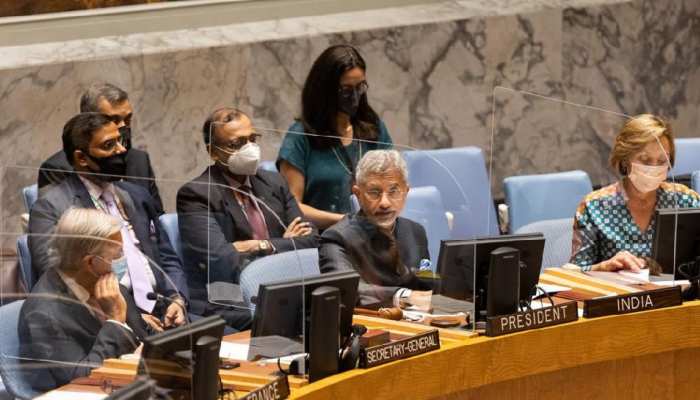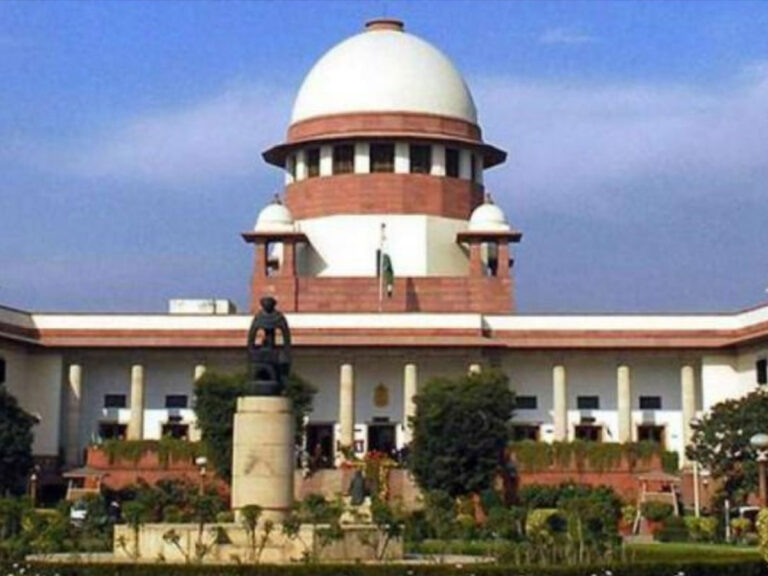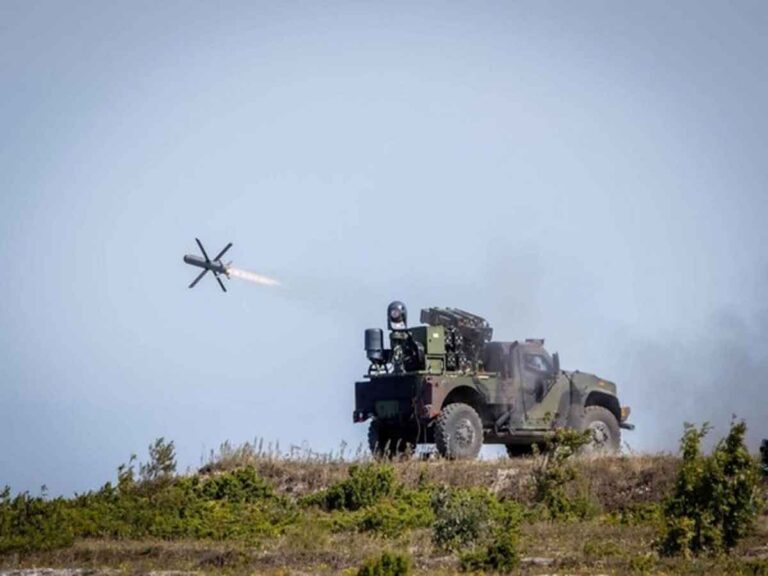
In the UNSC on Afghanistan, India has clearly said that terrorism is not acceptable in any form. Some countries are weakening the fight against terrorism. At the UNSC briefing on terrorism, External Affairs Minister S Jaishankar said, we should never compromise on the evil of terrorism.
- India once again clarified its stand on terrorism in UNSC
- Told Afghanistan developments a matter of concern for the world
- Honestly to those who weaken the fight against terrorism
New Delhi: In the high-level meeting of the United Nations Security Council, India has bluntly said that terrorism in any form and its dual character cannot be tolerated. Speaking on the subject of threats to international peace and security by terrorist activities, External Affairs Minister S Jaishankar at UNSC said, there are some countries which are undermining the collective effort to work against terrorism.
- The incident in Afghanistan raised the concern of the world
Foreign Minister in UNSC said, ISIL Khurasan has become more active in our neighbourhood. It is constantly trying to spread its legs. The incidents in Afghanistan have naturally raised global concerns, he said. India has been the hardest hit by terrorism-related challenges and losses. Jaishankar said the world should never compromise on the evil of terrorism
- Trying to weaken the fight against terrorism
Clarifying India’s stand, Jaishankar said, India believes that terrorism should not be associated with any religion, nationality, civilization or ethnic group. Terrorism in all its forms, manifestations must be condemned, it cannot be justified in any way. He said, there are some countries which weaken our collective resolve to fight terrorism, this cannot be allowed.
- The involvement of vulnerable youth in radical activities is a matter of concern.
External Affairs Minister S Jaishankar said, mobilization of financial resources of ISIS has become stronger. The reward for killings is now being given in the form of bitcoin as well. Involvement of vulnerable youth in radical activities through systematic online campaigns remains a matter of serious concern.






